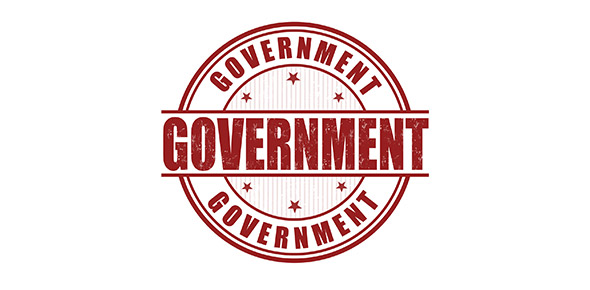Related Flashcards
Related Topics
Cards In This Set
| Front | Back |
|
22nd Amendment
|
Passed in 1951. Limits presidency to 2 terms.
|
|
Impeachment
|
Political equivalent of an indictment, in the Const. The House may impeach a president by majority vote for "treason, bribery, or other high crimes and misdemeanors.
|
|
Watergate
|
Events/ scandal around break-in at Democratic National Committee headquarters in 1972 and the cover-up of White House involvement. Led Nixon to resign.
|
|
25th Amendment
|
Passed in 1967. Permits the VP to become acting president if both the VP and the president's cabinet determine president is disabled. Also tells how president can reclaim the job.
|
|
Cabinet
|
Group of presidential advisers, not in Const. even though all presidents have had one. Composed of 14 secretaries, an attorney general, and others designated by president.
|
|
National Security Council
|
Created in 1947 to coordinate president's foreign and military policy advisers. Formal members are the president, VP, Secretary of State, and Secretary of Defensed. Managed by president's national security assisstant.
|
|
Council of Economic Advisors
|
3-member body appointed by president to advise them on economic policy.
|
|
Office of Management and Budget
|
Grew from Bureau of the Budget, created in 1921. Consists of a few political appointees and 100s of skilled professionals. Performs managerial and budgetary functions.
|
|
Veto
|
Power in Const. where president can send a bill back to Congress with reasons for rejecting it. 2/3 vote can override a veto.
|
|
Pocket veto
|
Takes place when Congress adjourns within 10 days of submitting a bill, and the president lets it die by neither signing nor vetoing it.
|
|
Presidential coattails
|
When voters cast ballots for congressional candidates in president's party in support of them. Few races are won this way.
|
|
War Powers Resolution
|
Passed in 1973 in reaction to US fighting in Vietnam and Cambodia. Requires president to consult with Congress prior to use of military forces and withdraw after 60 days unless Ongress declares war or grants an extension.
|
|
Legislative veto
|
Ability of congress to override a presidential decision. Supported by War Powers Resolution, but can be overturned by Supreme Court.
|
|
Crisis
|
Sudden, unpredictable, and potentially dangerous event requiring president to play role of crisis manager.
|






